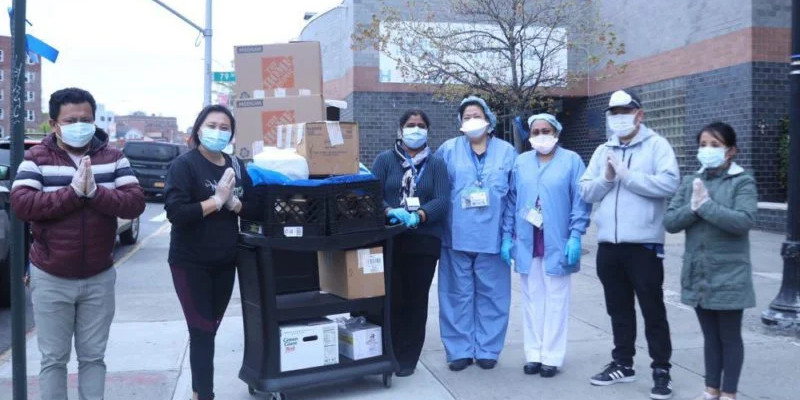In an update to the Coronavirus infection in exile Tibetan communities, 30 new cases of infection and 1 new death are reported from those living outside India, Nepal and Bhutan. This brings the total number of cases to 214 with 9 deaths in the exile Tibetan community. With only report 1 report of death from India, there haven’t been new cases till now.
As per the latest update, there are 213 cases of Coronavirus infections among Tibetan refugees abroad, i.e., those refugees in countries apart from India, Nepal and Bhutan. This is as per the information sent by the Offices of Tibet from various countries. According to the information, there are 8 deaths while 165 of them have recovered. This leaves a total of 40 active cases in Tibetans abroad.
Since the outbreak, there has been only one report of coronavirus infection among Tibetan refugees in exile. Although the only case succumbed to the infection, there haven’t been any new reports of infection from the Tibetan community in exile. While India is considering easing the lockdown in a staggered manner, lock down of Tibetans refugees remain last the month end.
According to the information, there has 107 total cases of infections inside Tibet. While it includes 38 Chinese with one death, all 69 infected Tibetans inside Tibetan has recovered. As far as India is concerned, more than a hundred and fifty thousand cases of infections with more than 4700 deaths has been reported. In addition to that there has been a continued rise in the cases of new infections from India.
With the spread of coronavirus that originated from Wuhan city of China, world came to a halt. There are lockdowns implemented in most countries leading to a completed stop of international flights. The pandemic has now infected more than 5.8 million people across the world. It has claimed more than 360K human lives and overwhelmed the health systems in most of the countries.







Leave a Reply